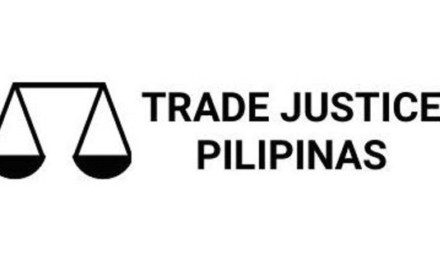Thai academics fear WTO failure
ACHARA ASHAYAGACHAT, Bangkok Post (Business) Monday April 30, 2007
Fast-track authority allows the president to send trade deals to Congress for a yes-or-not vote. Without that privilege, US lawmakers can insert changes into the agreements, making them much more difficult to pass.
Two Thai NGOs, Focus on the Global South and FTA Watch, were among the 242 NGOs that urged the Democrat-controlled Congress to reject “the current attempts to expand the failed World Trade Organisation through the Doha Round”.
In a letter sent to US representatives last week, they said WTO policies over the past 12 years had worsened economic conditions in Sub-Saharan Africa, the Middle East, Latin America and Caribbean nations.
The Doha Round, launched in 2001 in Qatar, would likely provide countries such as Bangladesh and Mexico with net losses, they claimed. The groups said only large developing country “winners”, such as China, Brazil and India, benefited from the round.
“The gains are concentrated in those countries’ agribusiness and manufacturing industries while subsistence farmers and the poor see tiny gains if not net losses,” the letter said.
The US Congress might not extend the presidential power as Democrats tend to be more protectionist, said Somboon Siriprachai, an economist from Thammasat University.
Mr Somboon, a member of WTO Watch, said he did not agree with the NGOs’ move. The WTO has so far been the least problematic and the fairest multilateral forum for developing countries, he said.
“Thailand, in fact, should even be more active in pushing for the conclusion of the Doha Round. We, for example, should support the Cairns group on its subsidy reduction scheme as in the long-run it should help make our farm exports more competitive,” the academic said.
Teerana Pongmakapat, from Chulalongkorn University, said that if US lawmakers did not extend fast-track authority, the Bush administration would face more hiccups in negotiating within the WTO framework. The ensuing difficulties might be used as excuses for the US and other developed nations to break their promises.
The WTO’s failure may prompt more countries to opt for bilateral trade agreements, said Mr Teerana.
“The Doha Round has stumbled, but the negotiation has so far come halfway,” he said. “It needs the impetus to get concluded.”









